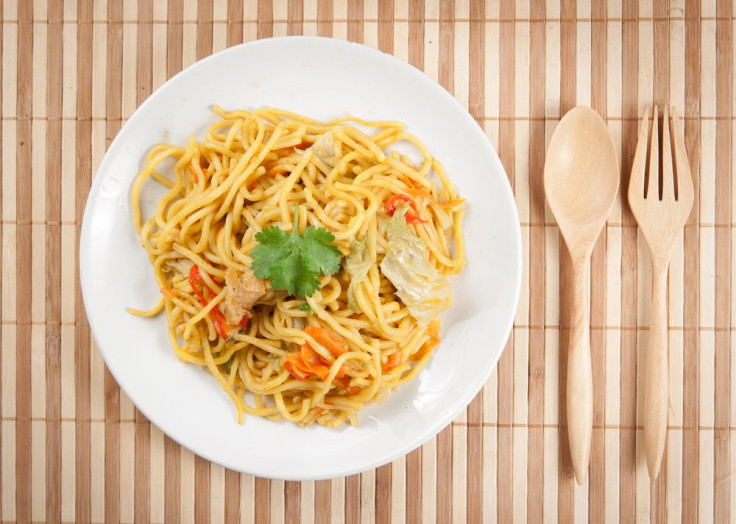
It is no secret that obesity is a public health epidemic that America is trying to keep at bay. According to findings from Arizona State University, Hispanics in the U.S. have high obesity rates, with an estimated 55 percent qualifying to fit in that category. Now, a new study looks at the role misreporting has on obesity — specifically, misreporting diet information.
In the University of Hawaii at Manoa study, conducted by Jinan Banna and Marie Kainoa Fialkowski, the researchers find that self-reporting food intake is extremely faulty and filled with human error. The researchers studied Mexican-American women by recording their alleged food intake and comparing it to predicted energy requirements.
The study —published in the online version of the Journal of the Academy of Nutrition and Dietetics — found that there was a discrepancy in what the women reported and what they really consumed.
"Estimated energy, protein, cholesterol, dietary fiber, and vitamin E intakes were significantly higher in plausible reporters than implausible," write the authors in their study. "There was a significant difference between the proportions of plausible vs implausible reporters meeting recommendations for several nutrients, with a larger proportion of plausible reporters meeting recommendations. Further research related to misreporting in Hispanic populations is warranted to explore the causes and effects of misreporting in studies measuring dietary intake, as well as actions to be taken to prevent or account for this issue."
As such, the researchers recommend forming specific public healthy policies and programs to help fight the battle against obesity.
"Data that does not reflect actual intake may be used by researchers, policy makers and others to take actions to change eating habits, leading to recommendations that are not based on inaccurate information," Banna warned. "It is important to find ways to ensure that individuals correctly report what they ate so we have a sound basis for drawing conclusions."
According to the researchers, one of the obstacles are the foods that makeup the tradition Mexican diet, including: atole, a corn-based gruel, chilaquiles, a dish composed of tortillas and sauces, and aguas frescas de fruta, homemade fruit-based drinks. These dishes, and many other items, are not included in the standard nutrition composition tables and thus, makes it hard for them to report accurately.
"It will be important to see how we might prevent this problem of misreporting," she said. "That may mean looking at new ways of collecting information about diet in Hispanics, like asking people to take photographs of the food they eat instead of performing interviews."
Earlier this year, a study published in the summer edition of the Journal of Social Issues found that minorities facing negative stereotypes can see a detrimental effect on their health while looking specifically at self-reporting in the Hispanic community.
"When you are exposed to negative stereotypes, you may gravitate more toward unhealthy foods as opposed to healthy foods," explains Luis Rivera, lead researcher and an experimental social psychologist at Rutgers University-Newark, in a university release. "You may have a less positive attitude toward watching your carbs or cutting back on fast food, and toward working out and exercising."
Rivera's study found that Hispanics who would self-stereotype would be more likely to be obese. Specifically, those who strongly self-stereotyped were more than three times as likely to be overweight and obese than those who did not engage in self-stereotyping. The results of this study are crucial, as they propose that self-stereotyping weakens self-esteem and this, in turn, plays a role in suppressing whatever motivation the said-individual had to lead a healthy lifestyle.
© 2024 Latin Times. All rights reserved. Do not reproduce without permission.
